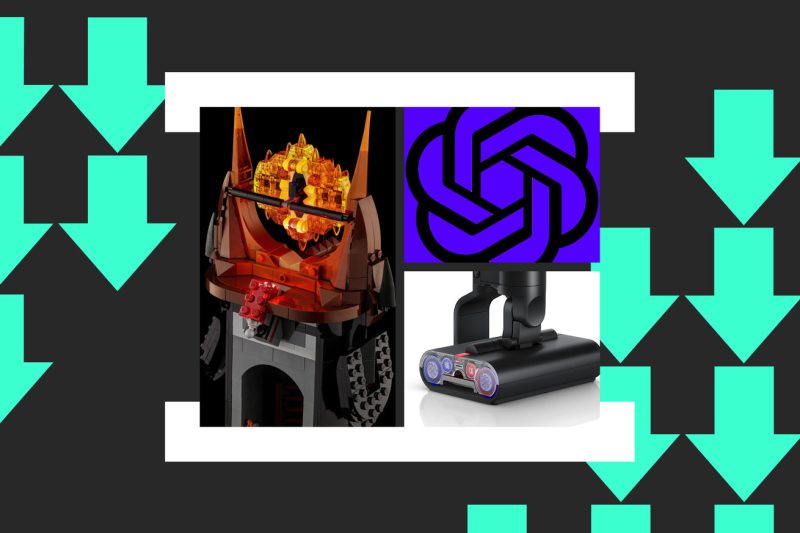In today’s fast-paced world, artificial intelligence (AI) is rapidly evolving, particularly in the form of AI assistants. These digital companions are becoming increasingly sophisticated and capable, revolutionizing the way we interact with technology and go about our daily lives.
One of the key reasons behind the rapid improvement in AI assistants is the advancements in machine learning and natural language processing. These technologies have enabled AI assistants to better understand and respond to human queries and commands, making them more intuitive and user-friendly.
Furthermore, the vast amounts of data generated every day play a crucial role in enhancing AI assistants’ capabilities. By analyzing and interpreting this data, AI systems can continuously learn and improve their performance, providing users with more personalized and accurate assistance.
Moreover, the integration of AI assistants into various devices and services has made them an indispensable part of our modern lifestyle. Whether it’s setting reminders, answering questions, or controlling smart home devices, AI assistants are now omnipresent, simplifying tasks and enhancing productivity.
Another contributing factor to the rapid advancement of AI assistants is the collaborative efforts of researchers, developers, and tech companies. By sharing knowledge, resources, and best practices, the AI community is able to accelerate the pace of innovation and drive continuous improvement in AI technology.
As AI assistants continue to evolve and become more intelligent, ethical considerations regarding data privacy and security are becoming increasingly important. It is essential for developers and users alike to prioritize transparency and accountability to ensure that AI assistants are used responsibly and ethically.
In conclusion, the rapid improvement in AI assistants is a testament to the power of technological innovation and collaboration in driving progress. By leveraging cutting-edge technologies, embracing data-driven insights, and upholding ethical standards, AI assistants are shaping the future of human-machine interaction and revolutionizing the way we live and work.




























